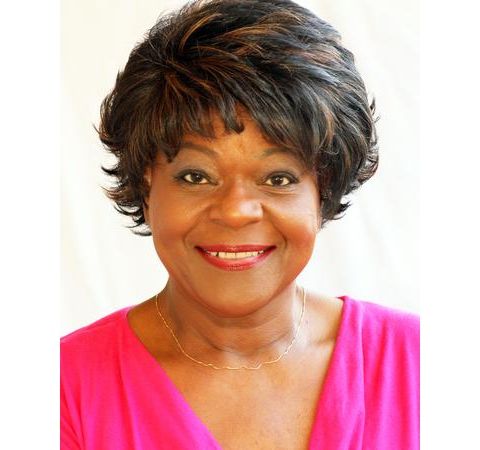Hip-hop was born in the summer of 1973 at a block party in New York City’s Bronx when DJ Kool Herc extended the beat of a recording using two turntables and a mixer to fade between them, then started emceeing as the music continued. His techniques came to be known as scratching and rapping — two of the key elements in hip-hop music. It would be another six years before the first hip-hop song was recorded and released, introducing the genre to a wider audience and gaining popularity in the mainstream. By the 1980s, hip-hop had expanded beyond New York and could be heard on the airwaves and in clubs in cities such as Los Angeles, Atlanta, Toronto, St. Louis, and New Orleans. By 1989, hip-hop had established itself as a mainstay in popular music. That year, the Grammys introduced a new category — Best Rap Performance — although nominees LL Cool J, Salt-n-Pepa, It would be another six years before the first hip-hop song was recorded and released, introducing the genre to a wider audience and gaining popularity in the mainstream. By the 1980s, hip-hop had expanded beyond New York and could be heard on the airwaves and in clubs in cities such as Los Angeles, Atlanta, Toronto, St. Louis, and New Orleans. By 1989, hip-hop had established itself as a mainstay in popular music. That year, the Grammys introduced a new category — Best Rap Performance — although nominees LL Cool J, Salt-n-Pepa, and Will Smith (who won the award, alongside DJ Jazzy Jeff, for “Parents Just Don’t Understand”) boycotted the ceremony as the award’s presentation was not televised.The naysayers said it wouldn't @PrimeBlaq @theMotherLoveShow @motherlove
mostra menos

